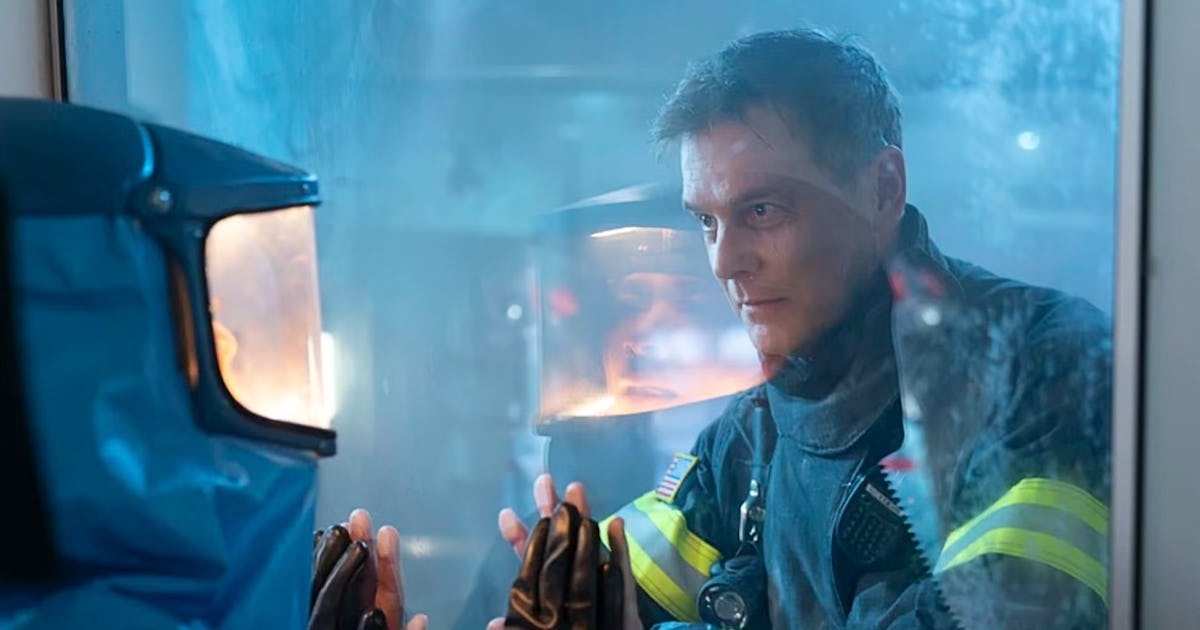
"Parasocial relationships describe the one-sided connections we develop with people or characters who don't know us, typically associated with celebrities, influencers, and fictional figures."
"Our brains sometimes perceive real and imagined social relationships in the same way; the limbic system lights up similarly when we're watching a friend suffer as it does when a beloved character is lost."
"Caring for fictional characters can be categorized as a parasocial relationship, and it’s completely normal, especially with how much the media has shaped our generation."
"The investment in fictional characters can be profound, leading to emotional responses akin to losing a loved one, which is a testament to the storytelling prowess of modern media."
In 2025, viewers are experiencing intense emotional reactions to the deaths of beloved fictional characters across popular television shows. This phenomenon raises questions about why audiences form strong attachments to these characters. Experts explain that such attachments, termed 'parasocial relationships', are one-sided bonds that can evoke genuine emotional responses. Neuroscientific insights indicate that our brains process these fictional connections similarly to real-world relationships. As storytelling in media becomes more immersive, it's increasingly common for viewers to express grief over fictional losses, highlighting the impact of character-driven narratives on audiences.
#parasocial-relationships #emotional-investment #fictional-characters #television-trends #media-psychology
Read at Scary Mommy
Unable to calculate read time
Collection
[
|
...
]